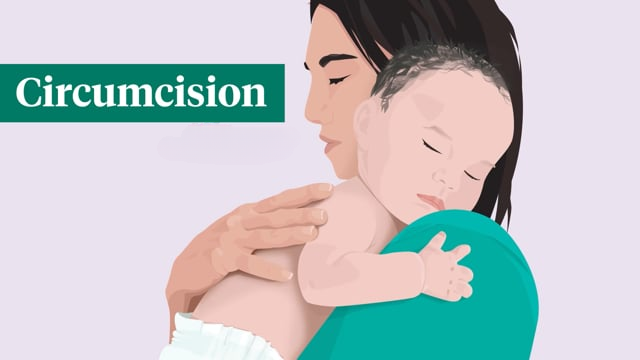Circumcision, the surgical removal of the foreskin covering the tip of the penis, is performed for various medical and cultural reasons worldwide. The decision to undergo circumcision often involves a consideration of both medical benefits and personal or cultural preferences.
Here are the primary medical indications for circumcision:
1. Prevention of Penile Conditions:
- Reduced Risk of Urinary Tract Infections (UTIs): Circumcision has been shown to lower the risk of UTIs in infants, particularly in the first year of life. This is because bacteria can potentially collect under the foreskin, leading to infections.
- Decreased Risk of Balanitis: Balanitis is an inflammation of the glans (head) of the penis, which can occur due to poor hygiene or infection. Circumcision reduces the likelihood of this condition by eliminating the foreskin where bacteria can accumulate.
2. Sexually Transmitted Infections (STIs):
- Lower Risk of HIV Transmission: Studies have indicated that circumcision reduces the risk of heterosexual transmission of HIV in men. This is because the inner foreskin is susceptible to HIV infection due to its high concentration of target cells.
- Reduced Risk of HPV and Herpes: Circumcision has also been associated with a lower risk of contracting human papillomavirus (HPV) and herpes simplex virus (HSV-2) infections.
3. Penile Cancer Prevention:
- Circumcision significantly reduces the risk of developing penile cancer, particularly when performed early in life. This is believed to be due to decreased accumulation of smegma (a buildup of dead skin cells, oils, and moisture) and reduced exposure to potential carcinogens.
4. Improvement of Sexual Function and Hygiene:
- Some studies suggest that circumcision may lead to improved genital hygiene, as it eliminates the need for retracting and cleaning under the foreskin.
- Circumcision does not negatively impact sexual function or pleasure in men who are circumcised as infants or children.
5. Treatment for Certain Medical Conditions:
- Phimosis: Circumcision may be recommended for individuals with phimosis, a condition where the foreskin is too tight to retract over the glans, causing discomfort or difficulty with hygiene.
- Para phimosis: In cases where the foreskin becomes trapped behind the glans and cannot be pulled back over it, circumcision may be necessary to alleviate the condition.
In conclusion, the decision to undergo circumcision is often based on a combination of medical advice, cultural beliefs, and personal preferences. It is essential for parents and individuals to discuss the potential benefits and risks with healthcare providers to make an informed decision that aligns with their values and medical needs.





Comments